Acne is a common skin disorder, which most people would have experienced at some point in life. Acne causes pimples, blackheads, and whiteheads, making the skin look blotchy and inflamed. Though not life-threatening, acne may lead to emotional distress as it negatively impacts your appearance, and if left unchecked, may lead to permanent scars or blemishes. So, what’s the best way to avoid acne breakouts, keeping your skin healthy and blemish-free? If you’re prone to acne, we’ve outlined simple everyday measures, which can go a long way in preventing breakouts and flare-ups, helping you manage this skin condition better. Moreover, to ease your life you can use the products of Probiotic Skincare, which will not only prevent acne but will also boost skin elasticity, strengthen the skin barrier, and will keep skin healthier.
Wash Your Face Twice Daily
Among many other causes, clogged pores are a leading cause of acne and pimples. Excess oil and dirt accumulate in the pores, causing a buildup of dirt and grime, which can cause acne. If you have oily and acne-prone skin, make it a point to wash your face daily twice. Cleaning your face twice daily is considered optimum, since overdoing it may result in the skin becoming dry and inflamed, aggravating acne. Whether you wash your skin with gel cleansers, foaming cleansers or soaps make sure they are organic and made of natural ingredients. There are many available options for cleansing your skin but before identifying your skin type you might consider having cleansers that are all natural products and fit any skin type. Cleansers based on natural ingredients like aloe, jojoba, shea butter, essential oils, and goat milk help to reduce irritation, hydrate your skin, and help to balance your skin health. Aloe vera soap, for instance, is known to have hydrating and refreshing effects on the skin, while goat milk soap improves not only your skin health but also is great for babies and other family members. Summing up, going natural is the best way to maintain our healthy skin and take care of it.
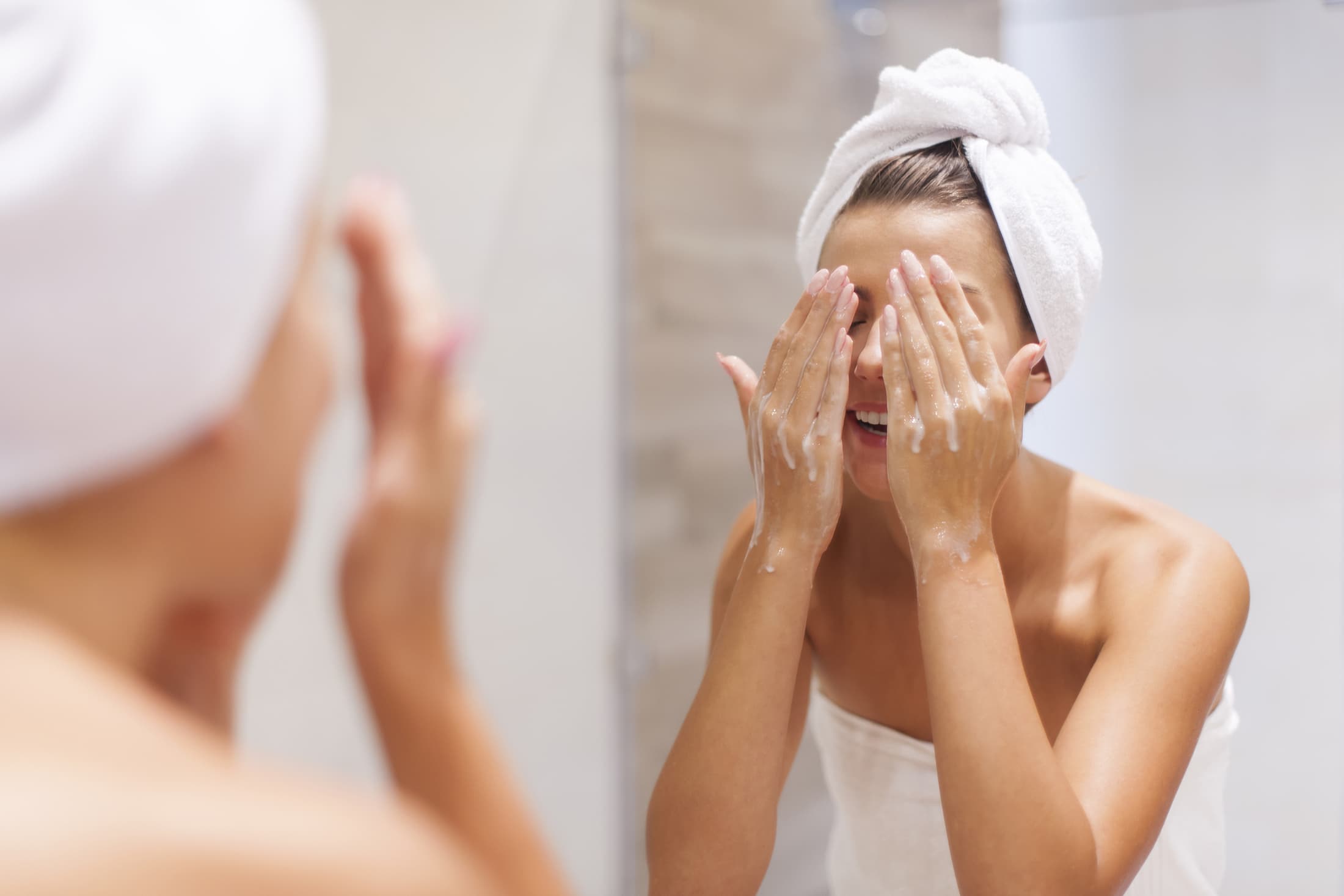
How to Choose a Facial Cleanser for Acne-Prone Skin?
A mild facial cleanser and tepid water are all you need to keep your skin clean. When choosing facial cleansers for acne-prone skin, scan ingredient labels carefully, and check if the product contains beneficial ingredients that are proven to reduce acne. Salicylic acid, glycolic acid, or benzoyl peroxide are known to penetrate your pores and effectively get rid of dead skin cells, excess oil, makeup, and grime, leaving your skin bright and blemish-free. Cleansers with antioxidant-rich natural ingredients such as tea tree oil, green tea, willow bark extract, sage extract, etc. are great for acne-prone skin. These ingredients help reduce irritation and calm the skin with mother nature-approved natural ingredients.
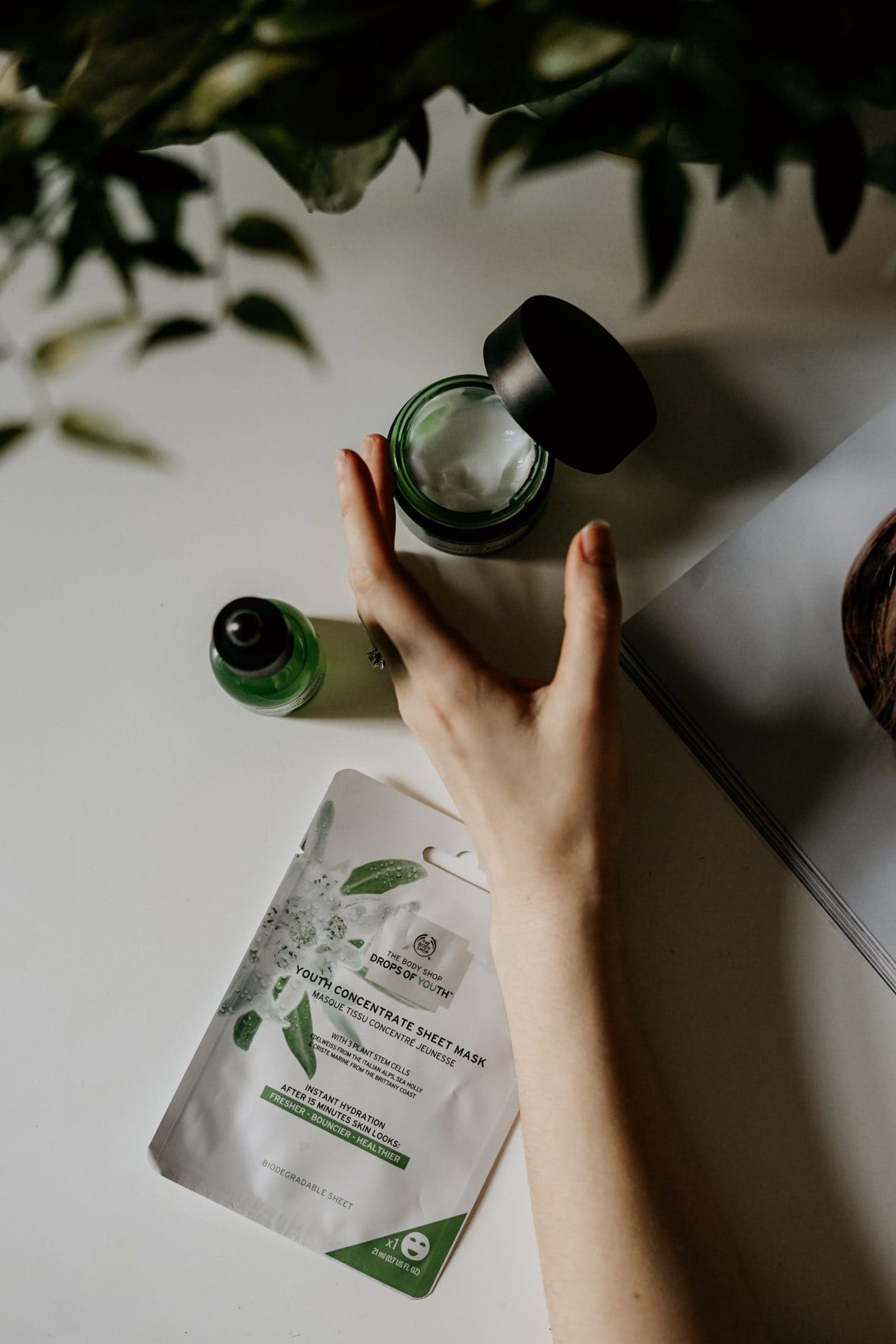
How to Cleanse Acne-Prone Skin?
Avoid scrubbing your face with abrasive brushes or washcloths. Apply the cleanser gently with your hands, rinse well, and dry your face with a clean and soft towel. Remember to laundry used towels regularly, since dirty towels can harbor germs and bacteria, which can transfer onto the skin and lead to acne.
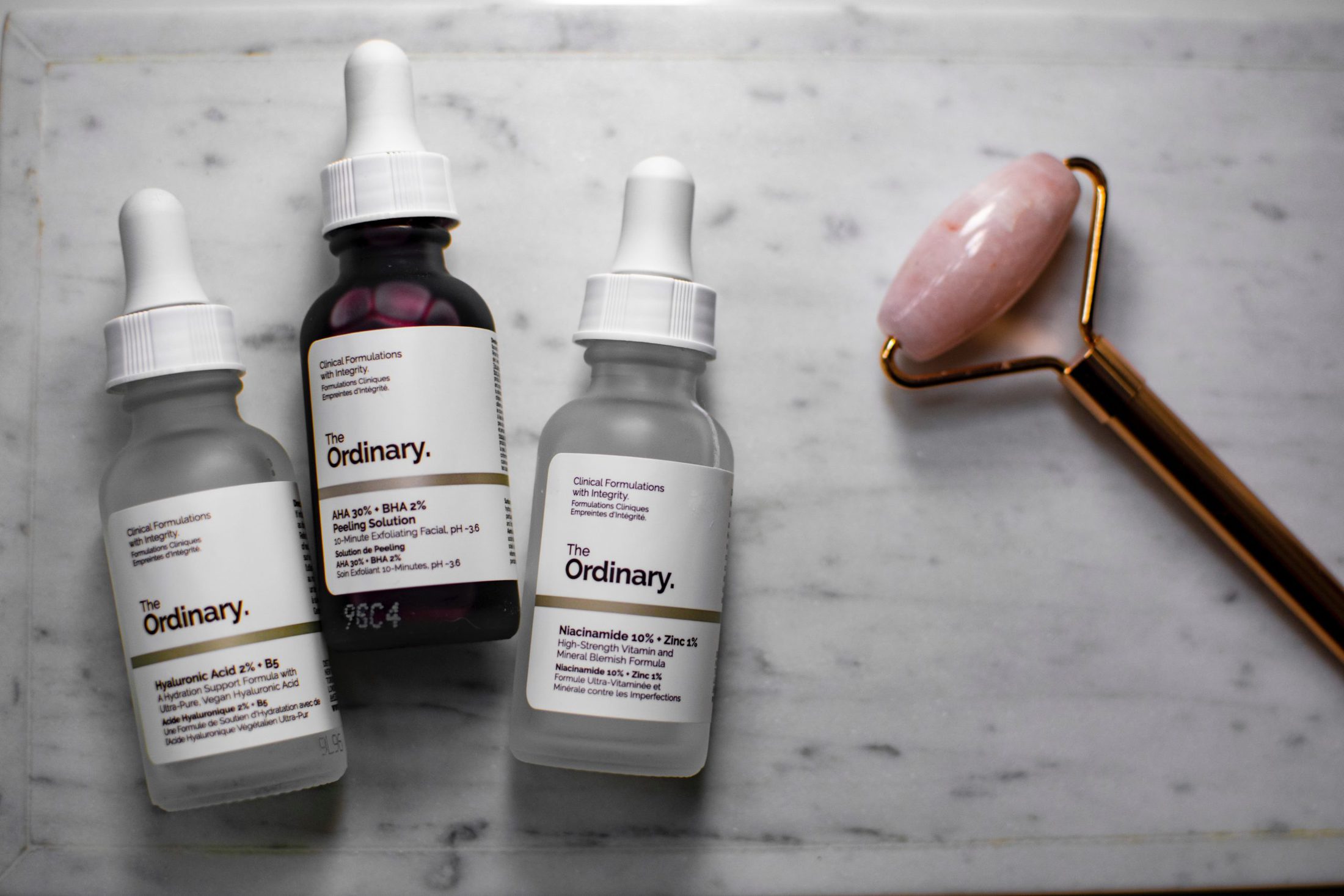
Pay Attention to Your Hair Too
Oily hair can make oily skin on the face worse, adding to acne woes. Washing your hair regularly will prevent acne and pimples, especially close to the hairline and on the forehead. Avoid using oils and gels on the hair, as oily secretions may travel to the skin and lead to clogged pores, causing acne. It’s also a good idea to keep the hair pulled away from your face to prevent any oily secretions from reaching your facial skin.
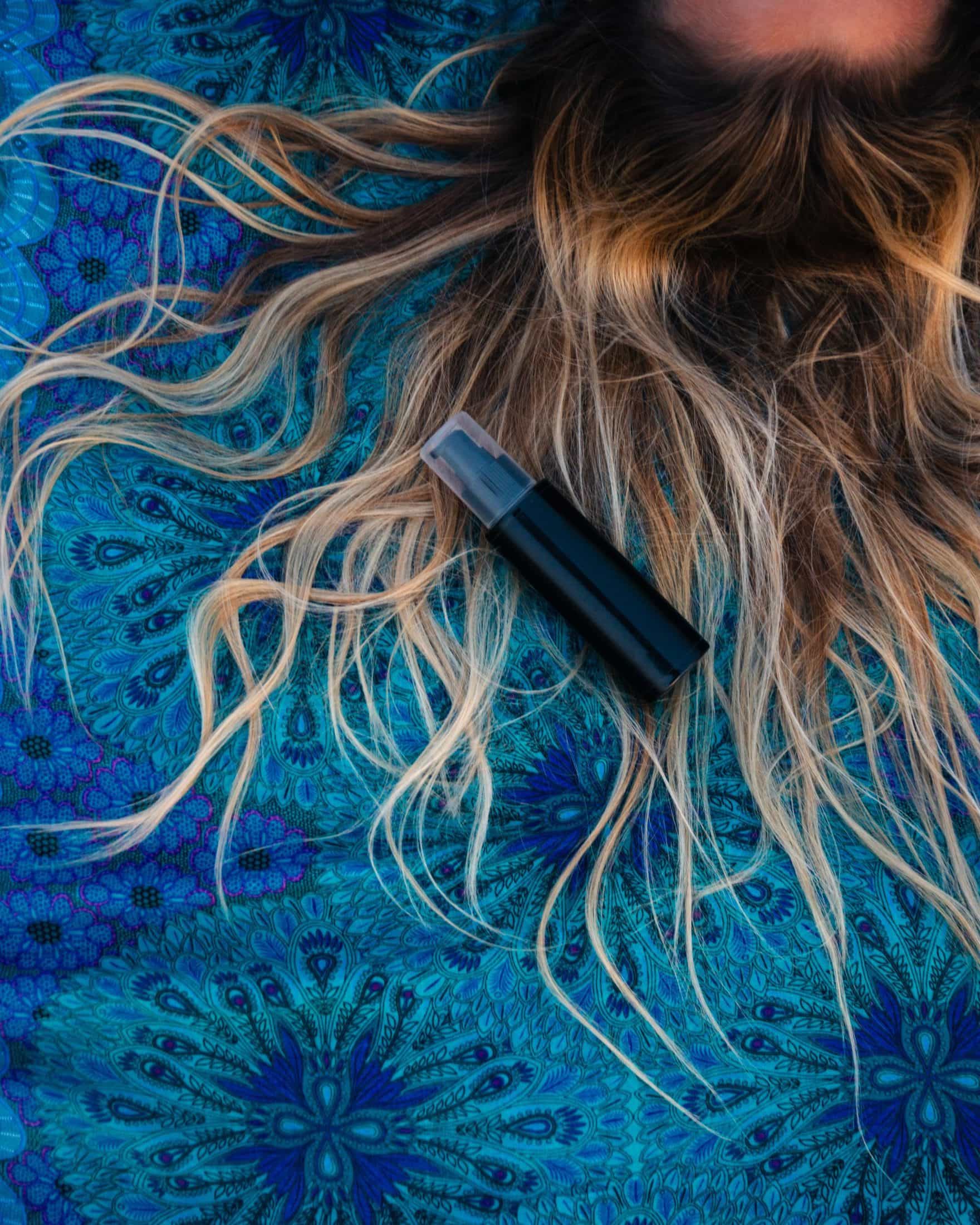
Apply OTC Acne Products
As per the American Academy of Dermatology (AAD), OTC creams can help reduce acne and pimples. Good for mild to moderate cases of acne, most OTC acne products contain active ingredients such as benzoyl peroxide, salicylic acid, or glycolic acid. However, be warned that some of these acne products may cause dry skin and irritation, and it’s best to test out a small amount on the skin and see if the product has any adverse reaction on your skin. You can then use the product as directed on the packaging to control acne breakouts.
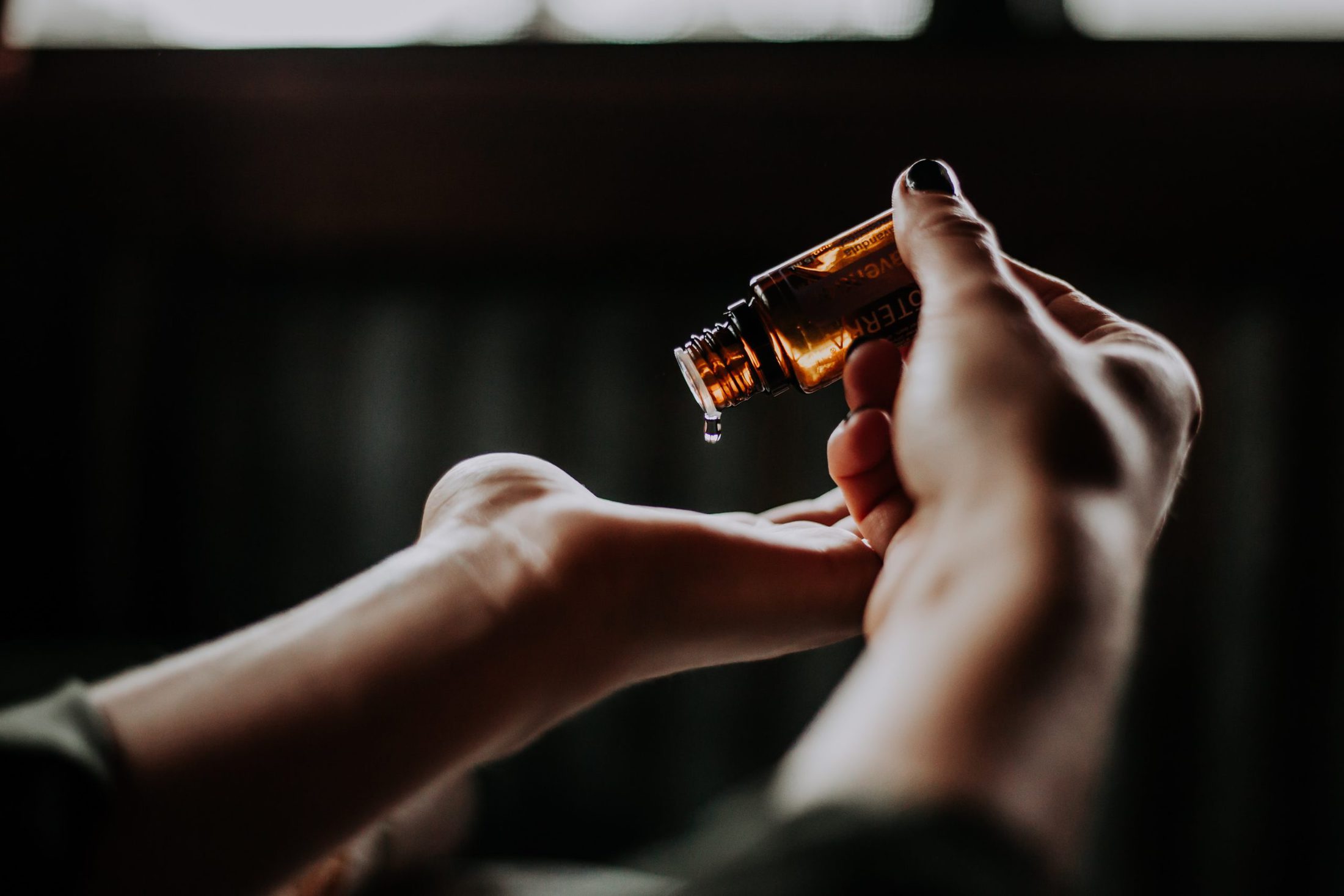
A broad-spectrum Cannabidiol (CBD) oil with Cannabigerol (CBG) available at http://elitehealthproducts.org/product/zilis-ultra-cbg-oil-full-spectrum may help reduce inflammation, and skin irritation, soothing the acne-inflicted skin.
Don’t Touch Your Face
Our hands are full of bacteria and germs, and touching the face often means dirt and bacteria can easily transfer onto facial skin. Whether or not you have acne, it’s never a good idea to touch the face with unclean hands. Also, resist the urge to pick or pop a pimple, as this may aggravate the inflammation and lead to infection or scarring.
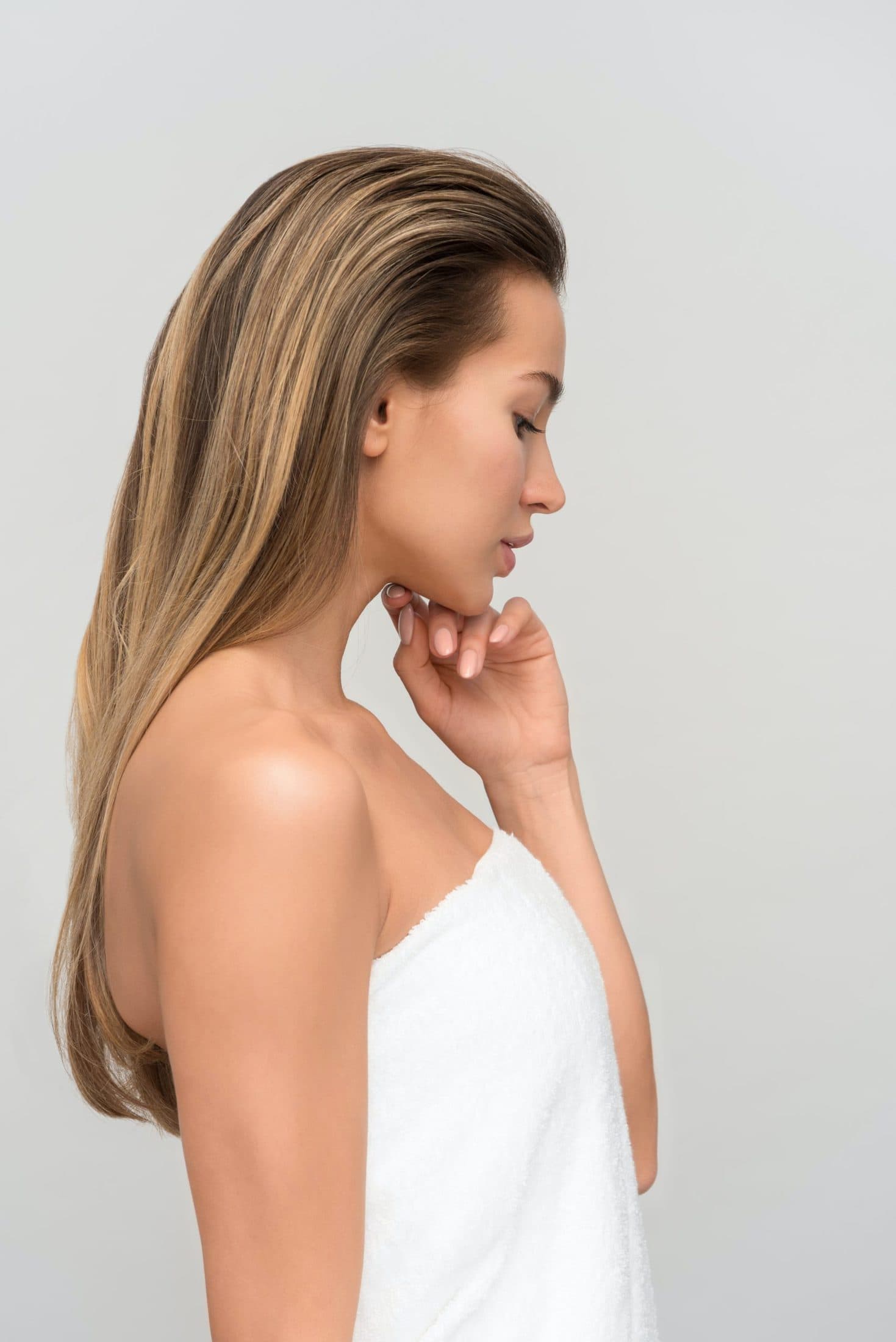
Use Sunscreen
People with acne-prone skin often feel that using sunscreen may cause their sensitive skin to break out and make their face greasy. Sunscreen, however, is an absolute must to protect your skin from the harsh UV rays of the sun. Stepping outdoors without sunscreen may lead to premature aging, dark spots, and increase your risk of skin cancer.
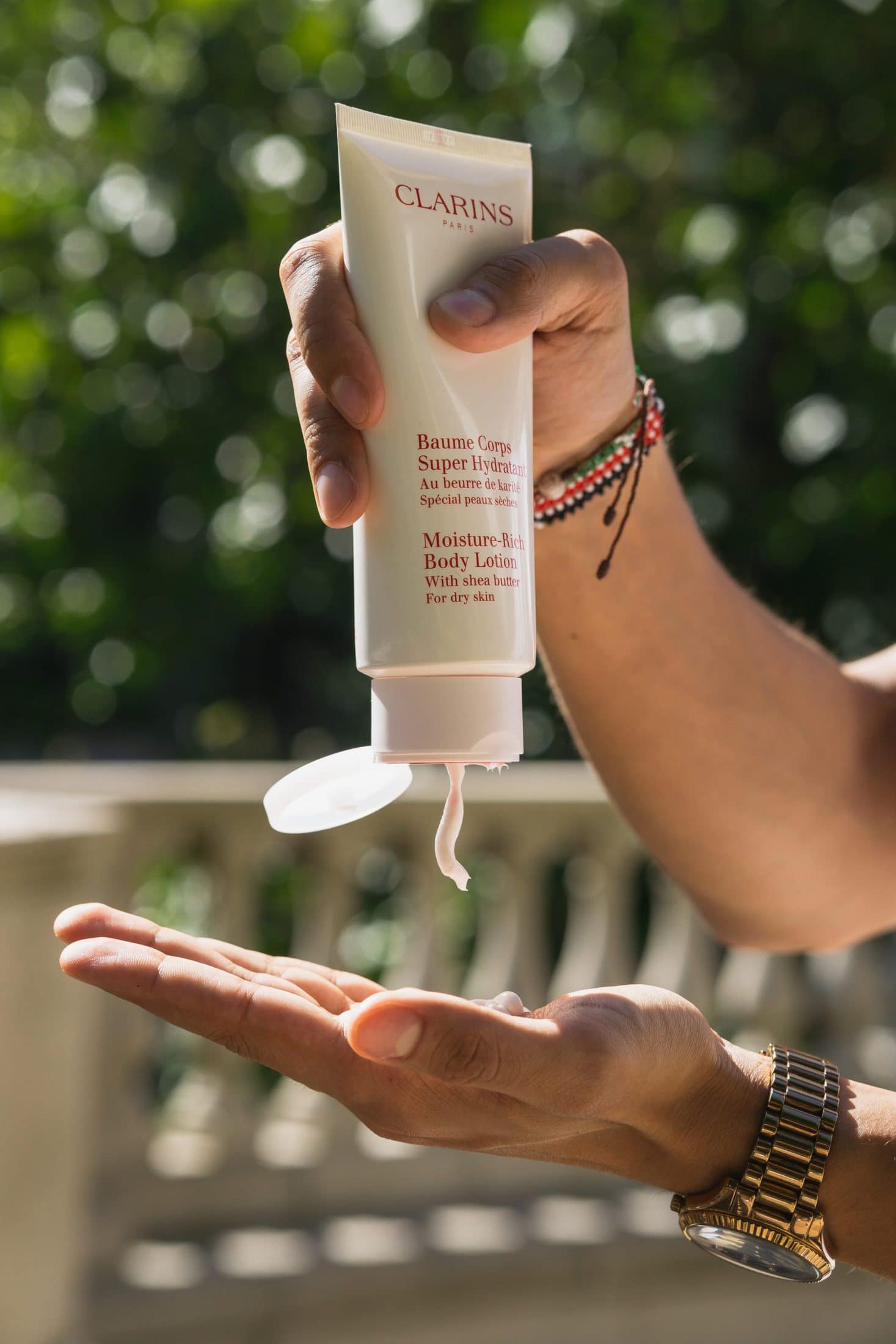
How to Choose a Sunscreen for Oily Skin?
Sunscreens have come a long way, and you’ll find products formulated especially for oily and acne-prone skin, which you can wear daily without the fear of exacerbating acne or oily skin. When shopping for sunscreen, look for non-comedogenic products, which there are no ingredients that may clog pores, reducing the chance of acne breakouts. An oil-free broad-spectrum sunscreen with SPF 30 or higher is recommended for oily and acne-prone skin.
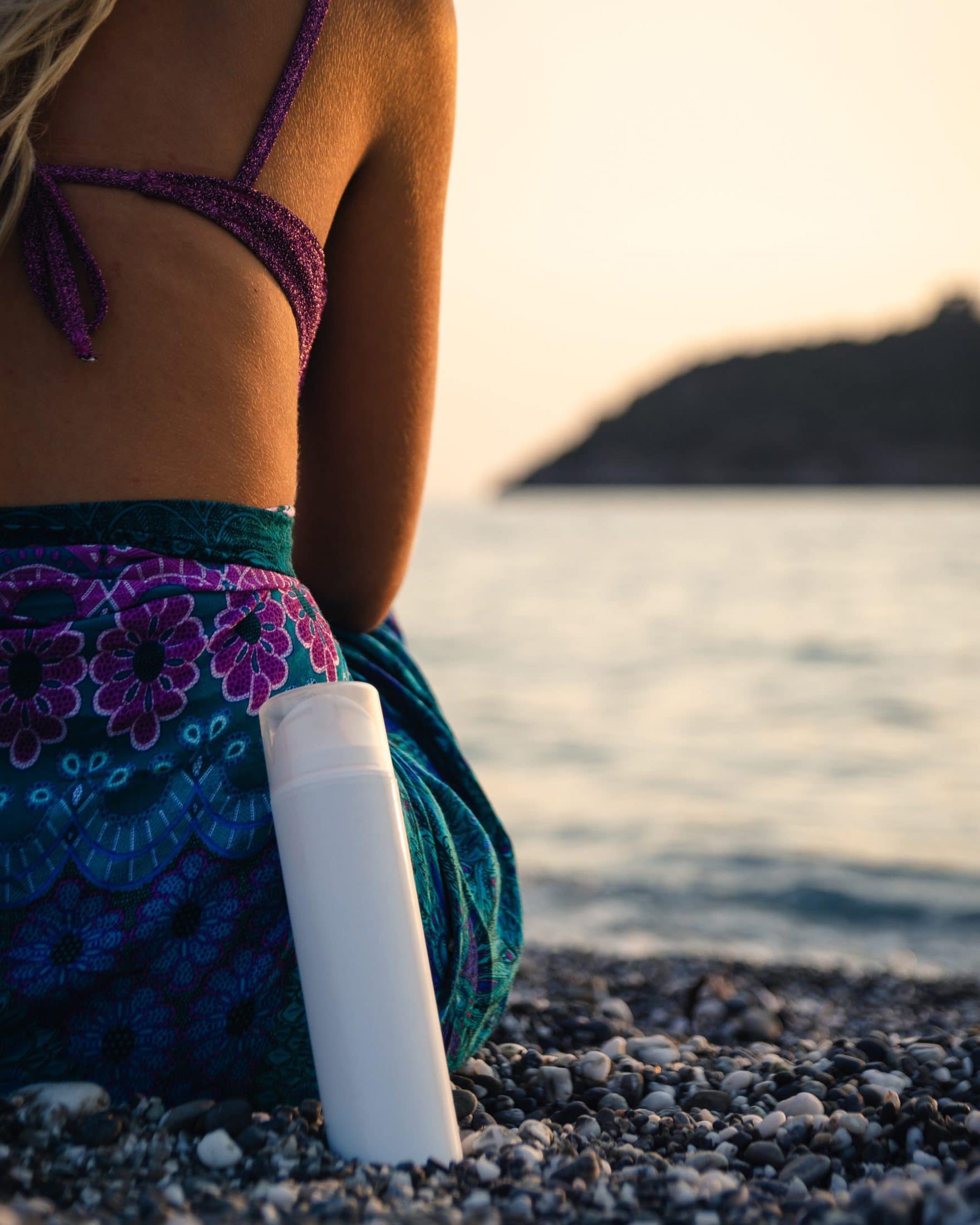
Moisturize the Skin
Oily skin and acne often go hand-in-hand, so choosing a lightweight, oil-free moisturizer is the key to getting this important skincare step right. Many acne products actually dry out the skin, making it essential to use a moisturizer.
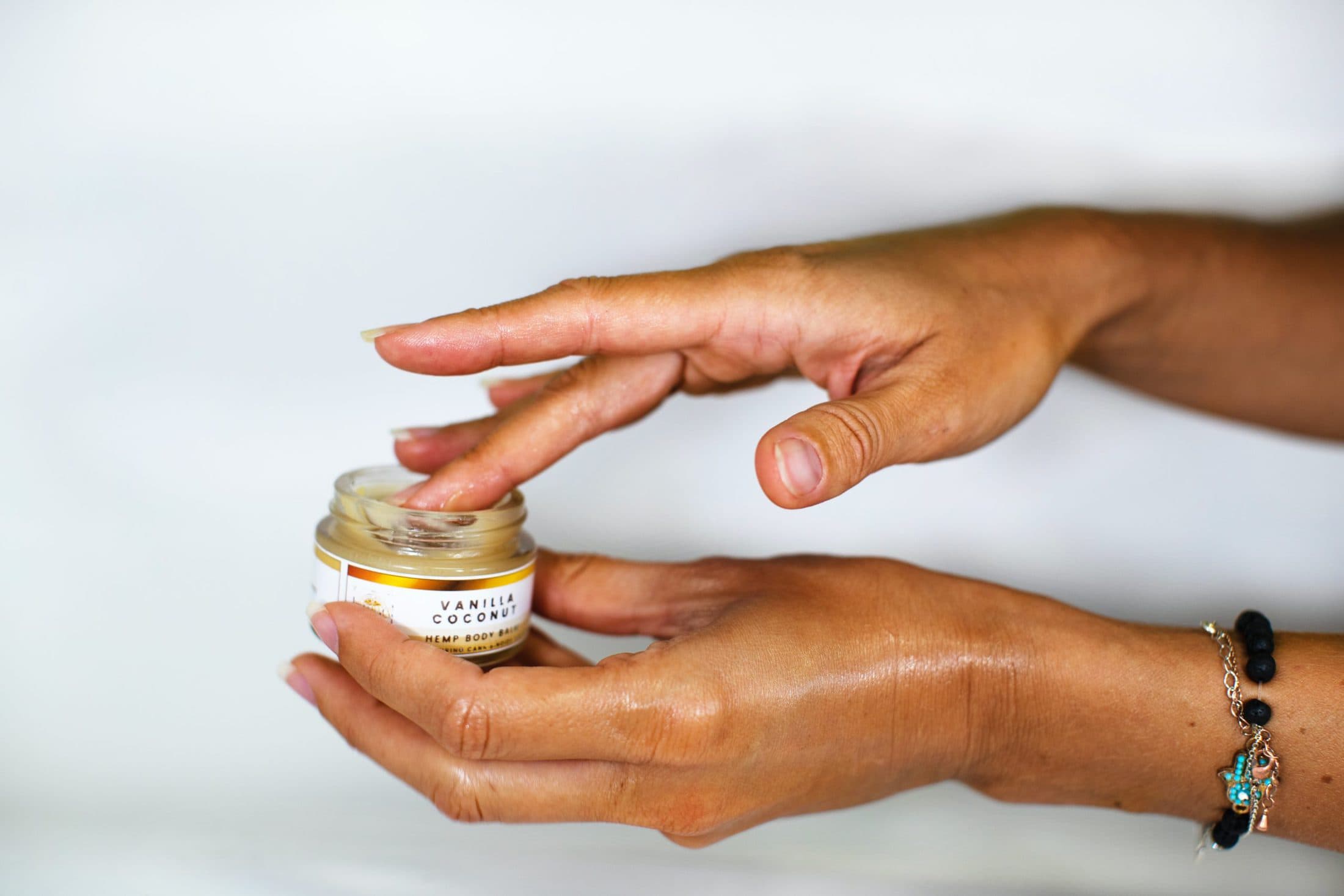
Finding a Moisturizer for Oily Skin
For acne-prone skin, steer clear of formulations that are too thick or creamy. Instead, opt for a water-based product that will hydrate the skin without making it look or feel greasy. Moisturizers fortified with acne-fighting ingredients such as salicylic acid can be beneficial for those with acne. However, do remember that you don’t want to lather on moisturizer too frequently during the day, since too much of any product, no matter how good it is, can upset the natural oil balance of the skin, resulting in flare-ups and inflammation. Moisturize twice daily immediately after washing your face or showering for soft and supple skin.
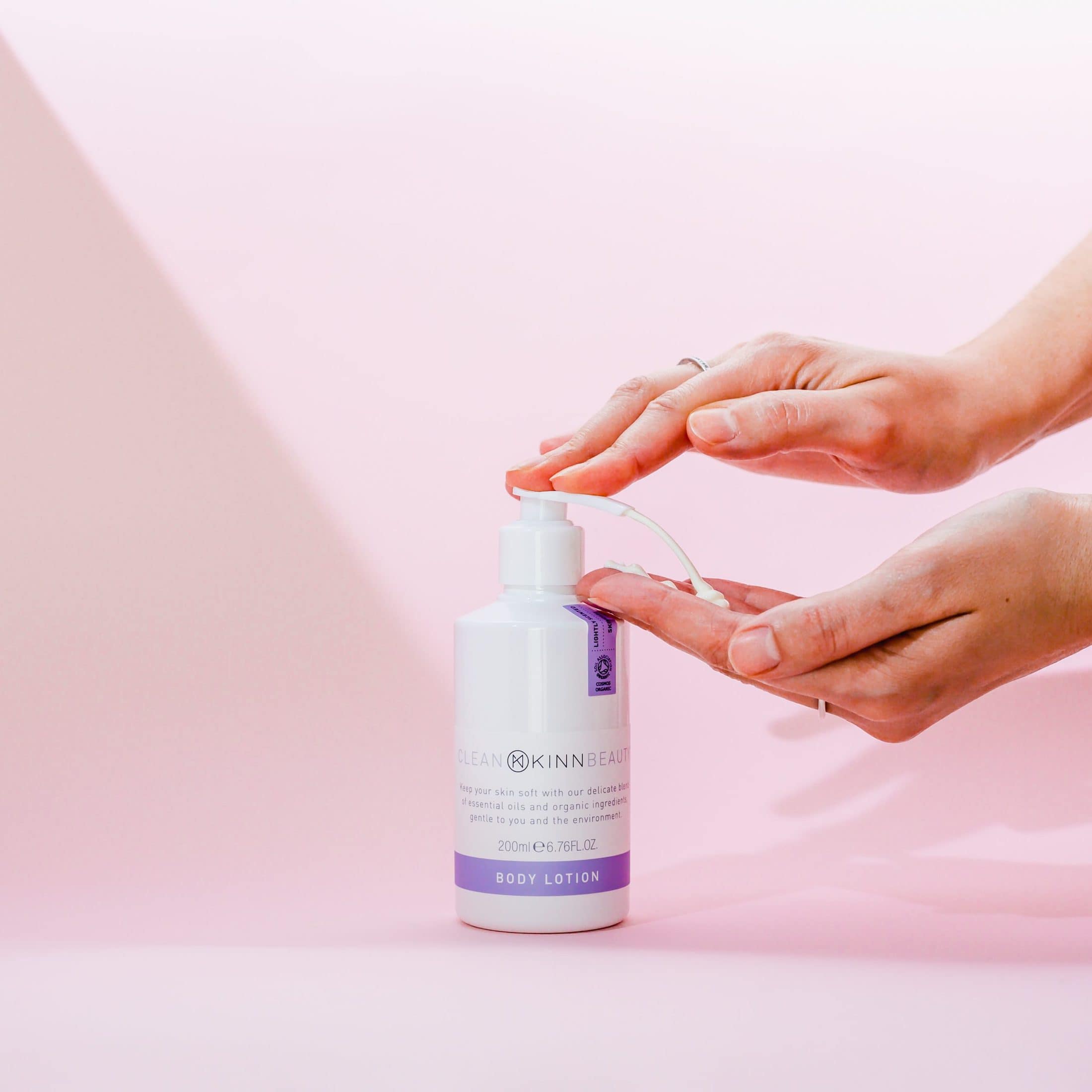
Choose Makeup Products Carefully
While makeup and cosmetics don’t cause acne breakouts, certain ingredients in them may irritate the skin and make things worse if you already suffer from acne or blemishes. When choosing makeup products, carefully check the label and look for words like oil-free and non-comedogenic that doesn’t clog pores, preventing acne flare-ups. If multiple products such as foundation, concealer, primer, etc. are too much for your sensitive skin, we recommend using an oil-free, non-comedogenic tinted moisturizer. This product can give you a glowing finish, evening out the skin tone with just a single product. Ensure your makeup brushes and facial sponges are always clean to prevent a buildup of dirt and bacteria. Clean your brushes and makeup sponges with warm water and soap weekly once, dry them thoroughly before use. Also, make it a point to remove all traces of makeup before going to bed so your skin can breathe and rejuvenate as you rest through the night.
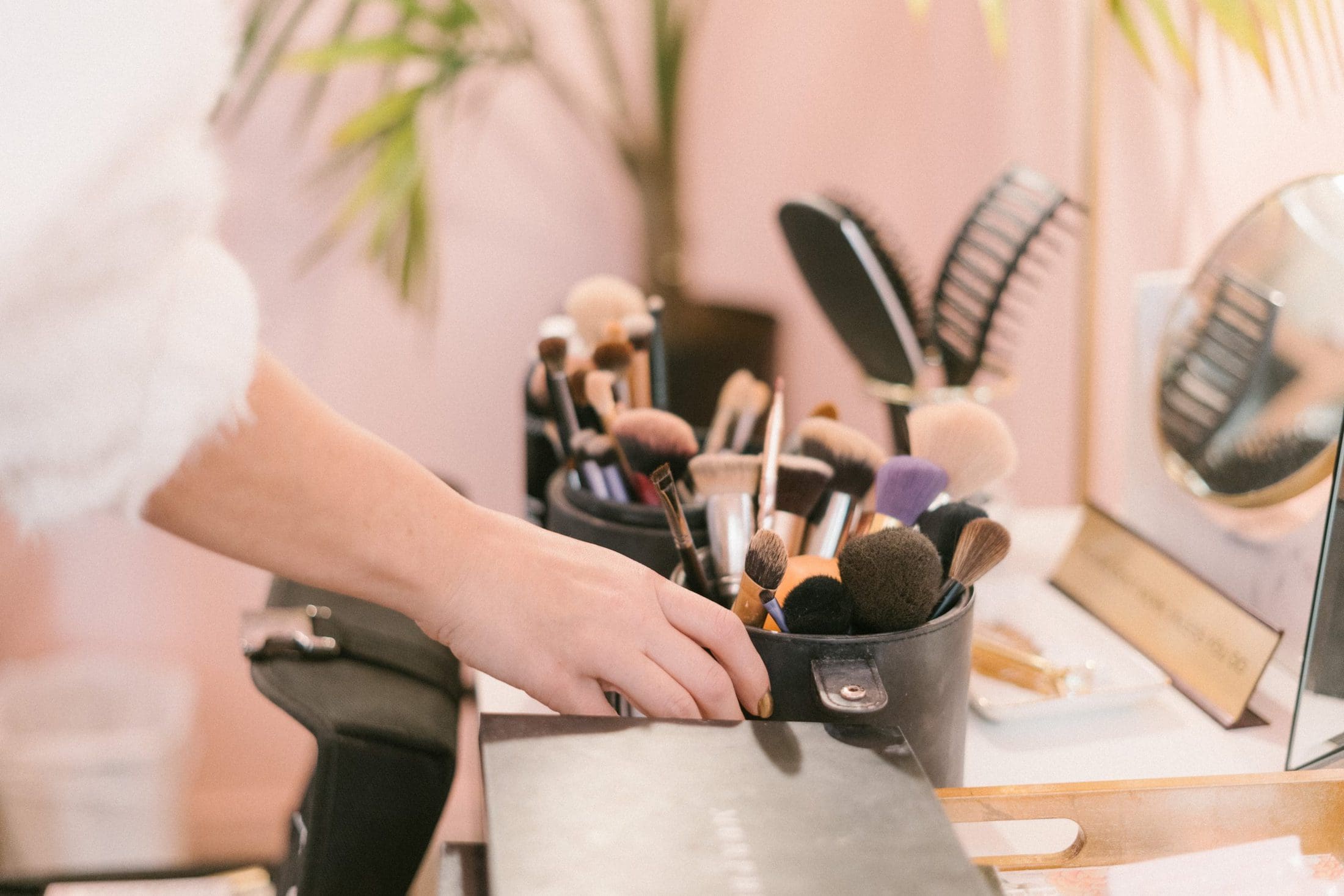
Change Sheets Weekly
Your bed covers and pillows trap dirt, bacteria, and dead skin cells from everyday use. If there’s accumulated dirt and oil on the pillowcase and sheets, it’ll most likely rub off on your skin as you sleep, which will worsen acne and pimples. It’s a good idea to wash your sheets and pillowcases at least once weekly to ensure you’re resting your face on a clean surface throughout when you sleep at night.

Reduce Stress
Stress and anxiety don’t directly cause acne and pimples. However, physiological stress can be a trigger for acne and may exacerbate existing problems. Prolonged stress causes the brain to release the stress hormone – cortisol, which increases inflammation and sebum production, which results in acne breakouts. Adopt stress-relieving techniques such as yoga, meditation, etc. as part of your daily lifestyle to feel calm and relaxed, which will benefit your skin as well.

Eat Healthy
While there’s no concrete evidence linking acne to any particular food group, the American Academy of Dermatology does report that foods with a high glycemic index may lead to acne breakouts and trigger acne in some individuals.
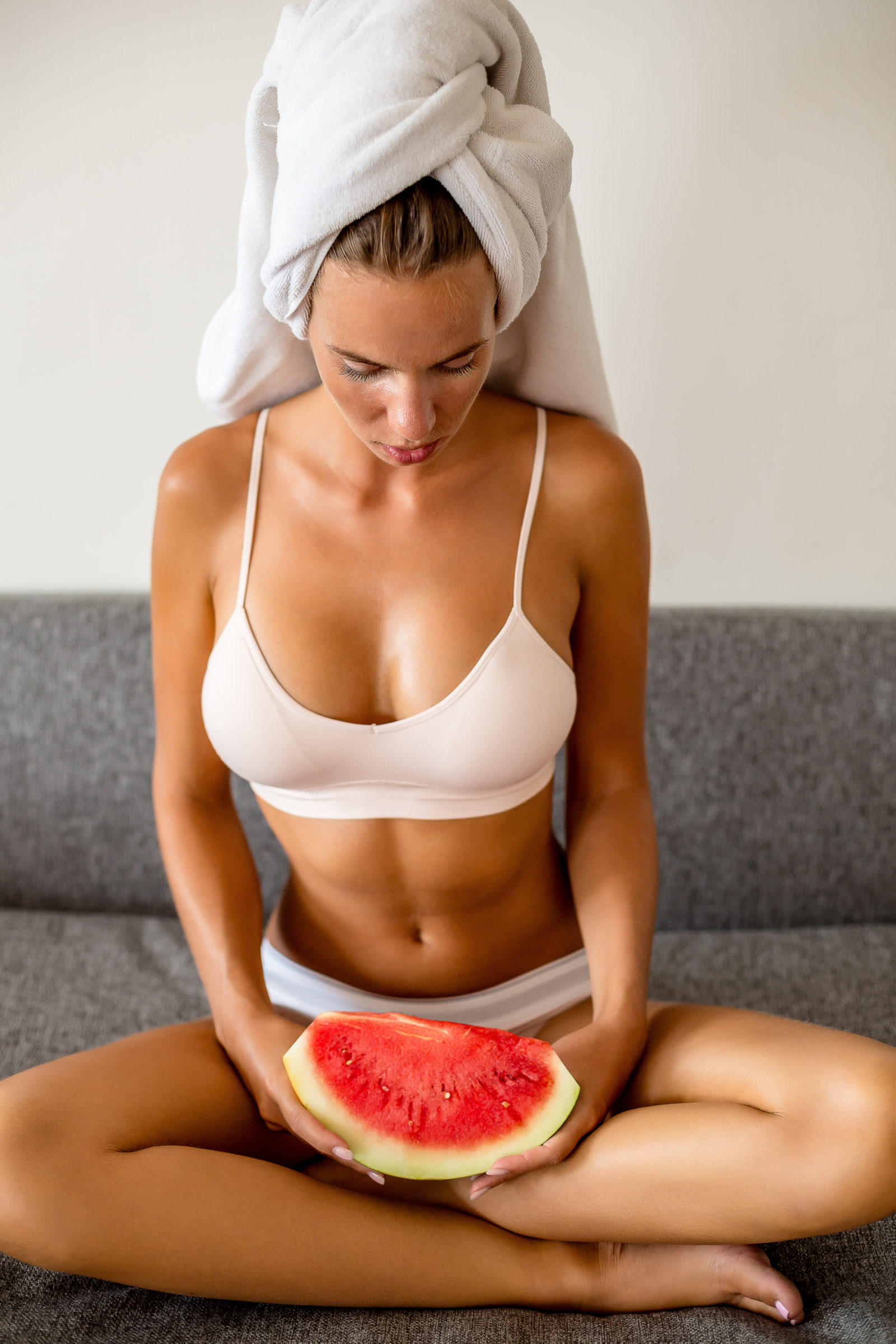
Cut Out Potential Triggers
If you have acne-prone skin, try cutting out simple carbs and sugary foods such as cookies, pastries, donuts, etc. for a while and see if it helps the problem. Dairy is also known as a potential culprit that may trigger or worsen acne.
Acne-Friendly Foods

In general, switching to a healthy diet rich in fruits, veggies, whole grains, and lean protein is known to promote healthy skin. Additionally, foods containing zinc, Vitamins A and E, and antioxidants can help with acne. Yellow and orange fruits and vegetables such as carrots, sweet potatoes, and green leafy vegetables are skin-friendly foods that are also beneficial for acne. Pumpkin seeds, cashews, lentils, and beef are rich sources of zinc – a mineral that also regulates metabolism and improves hormone function.
Stay Hydrated
Drinking up to 8 glasses of water daily ensures your skin stays soft, supple, and glowing. When you’re dehydrated, the sebaceous glands will produce more oil, which may cause acne and breakouts, also increasing redness and inflammation. Dehydration also causes the skin to look dull and lifeless, making it important to drink enough water daily for a healthy complexion. Water also helps flush out toxins from your body, which may prevent clogged pores, reducing acne flare-ups.
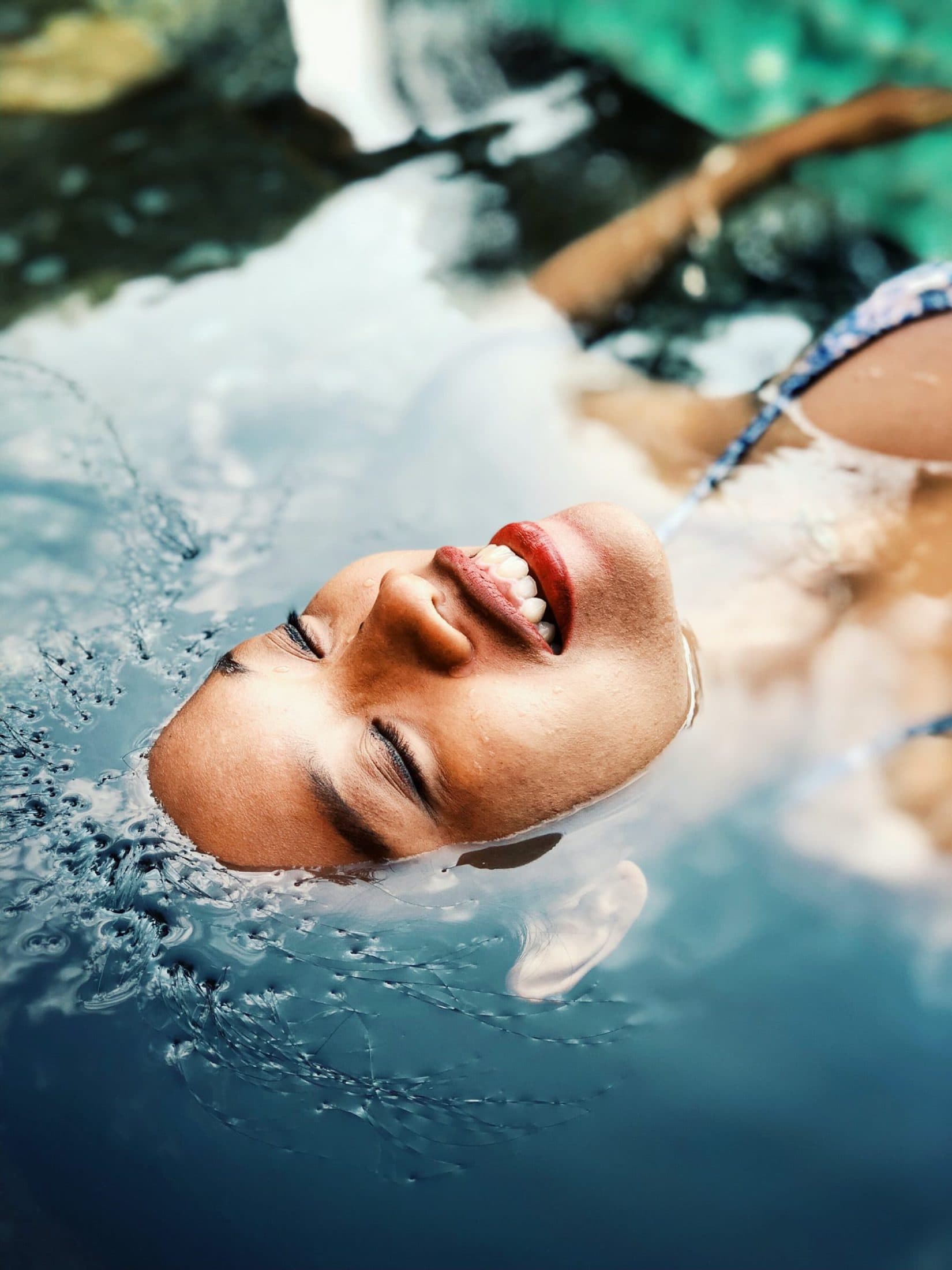
Conclusion
Pimples and acne are common skin problems encountered by many. With our simple tips and remedies, it’s possible to manage and prevent acne from getting worse. If lifestyle changes and diet adjustments don’t work, it’s best to see your dermatologist to plan and implement a personalized medication plan that will arrest acne.
